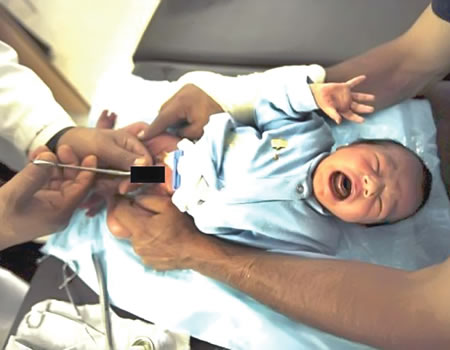Introduction:
Circumcision is a common surgical procedure performed on male infants and children for various cultural, religious, and health reasons. As a parent, it is important to understand the benefits and risks associated with circumcision, as well as the proper care required post-surgery. In this article, we will delve into the details of circumcision in children and provide you with the information you need to make an informed decision.
What is Circumcision?
Circumcision is a surgical procedure in which the foreskin, or the skin covering the head of the penis, is removed. This procedure can be performed for various cultural, religious, or health reasons.
Why Circumcision is Performed?
Circumcision is performed for a variety of reasons, including religious beliefs, cultural traditions, and medical reasons. Specifically, some of the most frequently cited medical reasons for circumcision include:
- Reduced risk of certain infections, such as urinary tract infections
- Reduced risk of sexually transmitted diseases, such as HIV
- Improved hygiene
- Reduced risk of penile cancer
Risks and Complications:
Like any surgical procedure, circumcision carries certain risks and potential complications. Some of the most common complications associated with circumcision include:
- Bleeding
- Infection
- Pain and discomfort
- Adverse reaction to anesthesia
Recovery and Care:
After circumcision, proper care is essential to ensure a smooth recovery and minimize the risk of complications. Therefore, some of the steps you can take to care for your child include:
- Keeping the area clean and dry
- Administering pain medication as prescribed
- Monitoring for signs of infection
Conclusion
Circumcision is a personal decision that requires careful consideration of the benefits and risks. As a parent, it is important to weigh all of the information and make an informed decision about what is best for your child. If you have any questions or concerns, be sure to discuss them with your child’s doctor.
Contact: Pediatric Surgeon

